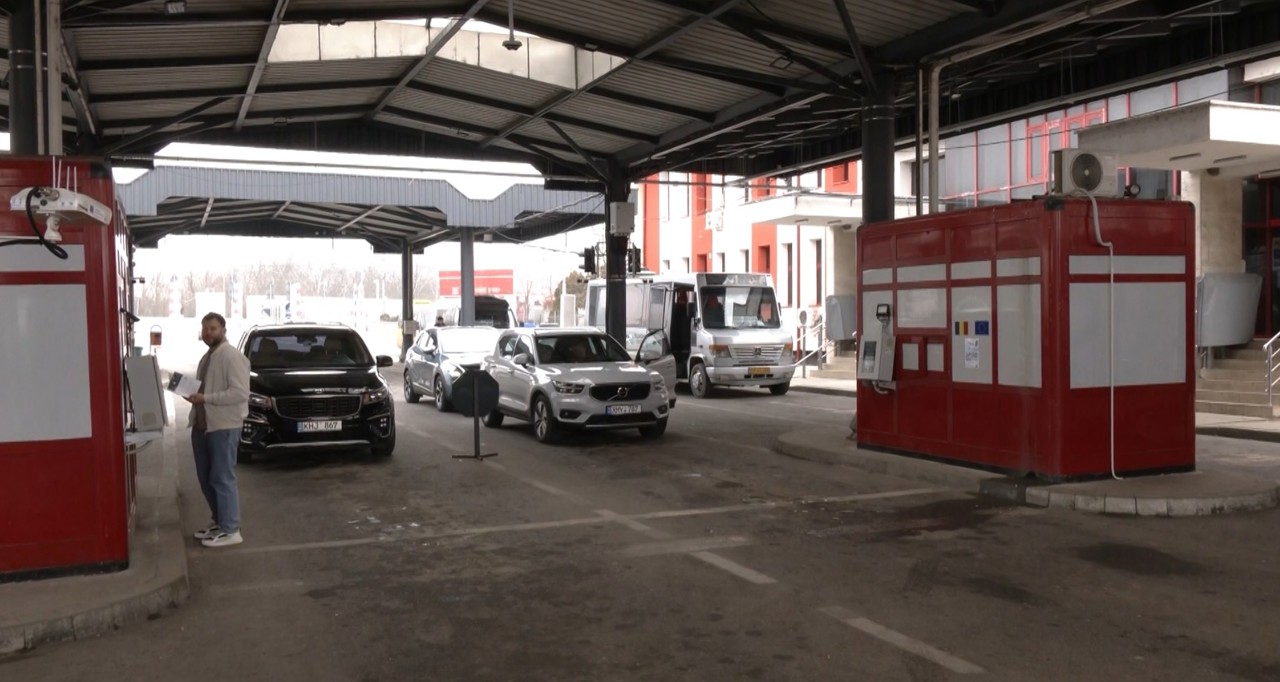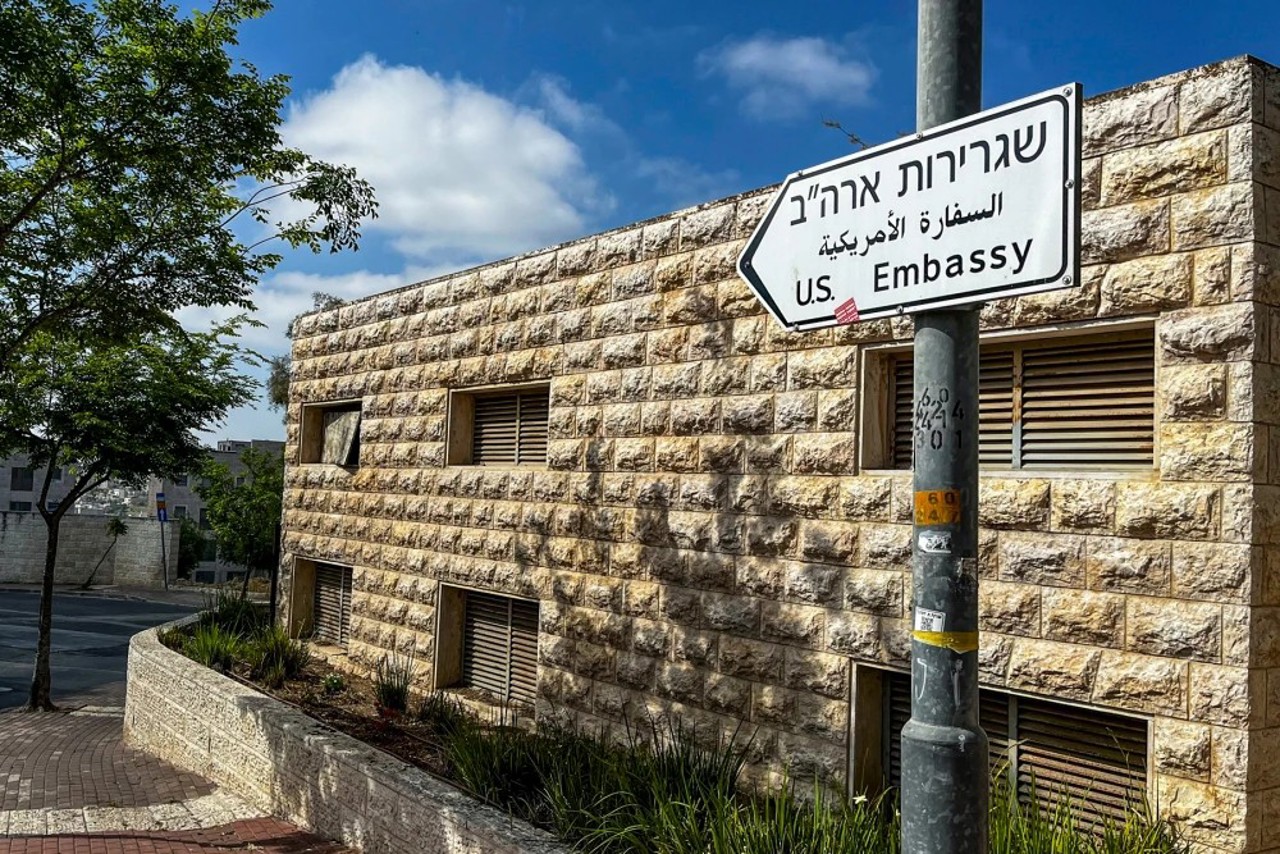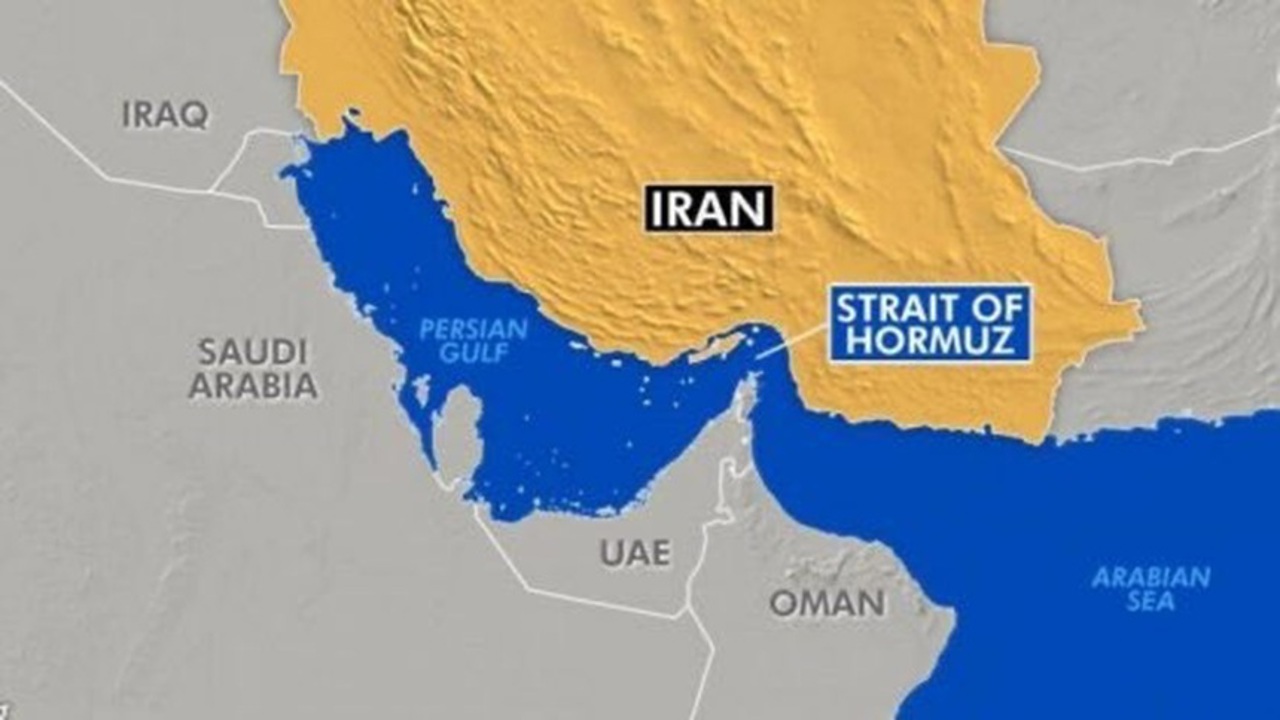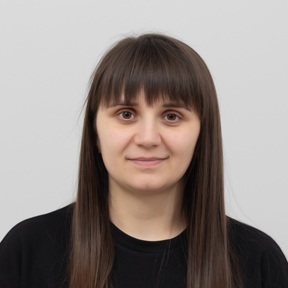Press Overview // Moldova elections marred by voting violations and claims of fraud
The violations identified during the voting process, alongside the responsibilities of the President of the Republic of Moldova and the profile of the Moldovan voter, constitute the main headlines of the reviewed press coverage.

Observers from Promo-Lex confirmed at least 130 incidents during the elections, out of a total of 614 monitored polling stations, according to Ziarul de Gardă. At the closing of these polling stations, three did not shut down at the scheduled time of 21:00. Additionally, there were seven reported cases of unauthorised individuals present within the polling stations or within a 100-metre radius.
Among the identified violations, 36 cases involved photographing the ballot, displaying it, or positioning it in a manner that allowed others to see the voter's choice. Furthermore, eight cases of group voting without justification were recorded. Reports indicated five instances of rumours or attempts to offer material or monetary rewards to voters to influence their votes within the 100-metre perimeter of the polling stations.
Moreover, five cases of organised transportation of voters were reported, utilising buses, minibuses, or other means of transport deemed unsuitable for the vicinity of polling stations. Prime Minister Dorin Recean responded to the partial results of the elections and the referendum, asserting that the violations reported earlier in the day during the electoral process were “minor and will not affect the results of the elections and the referendum,” as stated by IPN.
Recean also drew attention to the Russian Federation authorities, emphasising the necessity of avoiding illegal activities in relation to cases of organised transportation of voters. TVR Moldova offers an interview detailing the responsibilities of the President of the Republic of Moldova, highlighting that these responsibilities primarily focus on Defense and Foreign Policy.
Constitutional law experts emphasise that, although the president cannot directly influence matters such as employment or increases in pensions and salaries, he can request actions from the Government and Parliament in these areas. Former Constitutional Court President Nicolae Osmochescu states that, in addition to guaranteeing the sovereignty and territorial integrity of the state, foreign policy remains a priority for the president. This includes managing diplomatic relations with other countries and promoting national interests on the international stage.
The voters in the Republic of Moldova have demonstrated high political intelligence and awareness, signalling the Europeanization process of Moldovan society, as noted by political commentator Anatol Țăranu for Moldova 1. He indicates that the European path is becoming increasingly familiar to the majority of citizens, suggesting a maturation of public opinion in favour of European integration.
Țăranu emphasised that, despite illegal measures undertaken by the Kremlin to boycott the referendums and influence the vote against European integration, these attempts have failed. “Citizens have clearly shown that their preferences lean toward Europe and European values, rejecting external manipulations,” Țăranu stated, thereby highlighting the firm resolve of Moldovan voters to advance toward integration into the European Union.
President Maia Sandu reacted to the partial results of the presidential elections and the referendum held on October 20, declaring that the Republic of Moldova has faced an “unprecedented attack on democracy.” She accused “criminal groups, along with foreign forces,” of attempting to “buy 300,000 votes.”
Radio Free Europe reports that these statements were made in the context of partial data indicating a negative or close vote on the referendum and a victory for her in the first round, although with a score below expectations. “We have evidence and information suggesting that the target of these criminal actions was to acquire 300,000 votes. The scale of the fraud is unprecedented,” Sandu stated.
Expert Dionis Cenușa notes that the political camp advocating for the boycott of the referendum includes the Socialists, the Party of Development and Consolidation, and Natalia Morari. They urge their supporters not to participate in the referendum, arguing that it does not constitute a requirement from the European Union for European integration. Cenușa estimates that these political actors could influence between 15% and 18% of the electorate, according to evz.ro.
He emphasises that, typically, states joining the EU hold constitutional referendums to amend legal provisions after completing negotiations. In the Moldovan context, the Constitution allows for necessary amendments to legitimise the transfer of certain elements of sovereignty to Brussels through a plebiscite. Thus, no member state has delegated sovereign competencies to the European Union before achieving clarity regarding the results of the accession negotiations. This highlights the risks associated with a superficial approach to the European integration process.
Observatorul de Nord recounts the story of Cătălin Mușcinschi, who travelled nearly 2,000 kilometres to vote. Cătălin studies at United World Colleges in Armenia, where there are no polling stations for the elections in the Republic of Moldova. The nearest polling station is located in Abu Dhabi, United Arab Emirates. Eager to participate in the vote, Cătălin sought assistance from his school and flew to Abu Dhabi to exercise his right.
He believes it is essential for young people in the diaspora to actively engage and express their preferences at the polls.
Translation by Iurie Tataru






